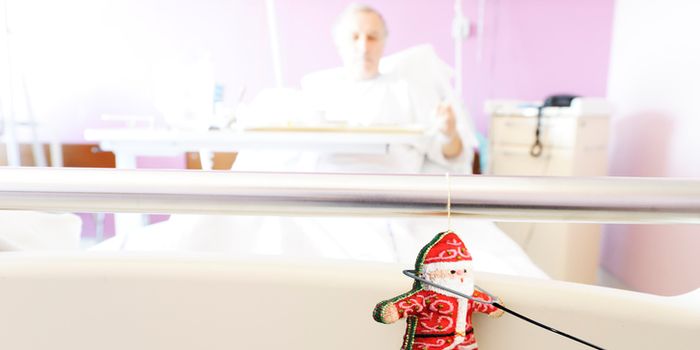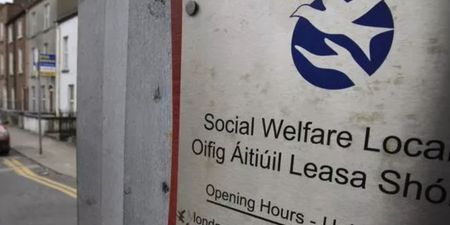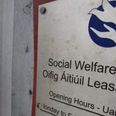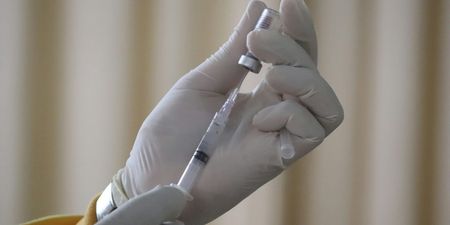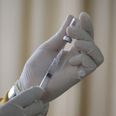Emergency departments across Irish hospitals expect a greater influx of patients during the Christmas period compared to other times in the year.
On Tuesday, the HSE issued advice for anyone who might end up needing to visit Accident & Emergency over the course of this Christmas period.
Given the increase in flu and flu-like illnesses, people with limb injuries are advised to consider visiting an injury unit before an A&E. Similarly, people who are not seriously ill are advised to seek a consultation with their GP before automatically heading for A&E.
In order to make the A&E process more efficient, the HSE has also advised that anybody seeking treatment does the following:
- Remember to bring your GPs name and address along with any referral letter they may have given you for the ED.
- It is particularly important that you bring any medications you are taking, as well as a list of any allergies or current medical conditions you might have, as this will help the doctors and nurses to better assess your condition and the treatment you have had to date. It may also shorten your waiting time as staff will know the medications you are taking and will not need to wait to hear back from your GP or pharmacist. Obviously, you may also need to take your medication while you are in the hospital.
- Bring any hearing aids and glasses you need and if you have difficulties speaking or with language, please bring someone with you who can help us communicate with you. We can arrange an interpreter if needs be but this will take time to arrange.
- Keeping our hands clean reduces the spread of infection. So by keeping your hands clean when you come to or are in the ED, you can help protect us all from infection. Infection control is really important throughout the whole hospital and, unfortunately, infection outbreaks mean greater risks to our patients, especially those more vulnerable to infection. It may also mean that we have to close hospital wards and beds until they are thoroughly deep cleaned to stop the spread of infection. This can take a lot of time depending on the type of bacteria and unfortunately reduces the number of beds available for patients coming in for care. This in turn means longer waiting times before patients can be admitted to hospital.
- About 15 out of 20 people attending the ED go home after having tests or treatment in the ED. Part of our job is to make sure we answer your questions and give you clear information while you are in our care. Before you leave, please ask yourself if you understand your condition and the treatment you have been given, whether you know the next steps or know what to look out for. If you have a follow up appointment, do you know the details?
The full HSE statement can be found here.
LISTEN: You Must Be Jokin’ with Aideen McQueen – Faith healers, Coolock craic and Gigging as Gaeilge
